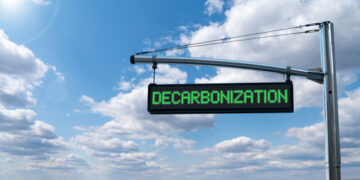Climate scientists say they have solved riddle of rising sea
The answer lies in water that is extracted from underground aquifers Massive extraction of groundwater can resolve a puzzle over a rise in sea levels in past decades, scientists in Japan said on Sunday.Global sea levels rose by an average of 1.8 millimetres (0.07 inches) per year from 1961-2003, according to data from tide gauges.But the big question is how much of this can be pinned to global warming.In its landmark 2007 report, the UN's Nobel-winning Intergovernmental Panel on Climate Change (IPCC) ascribed 1.1mm (0.04 inches) per year to thermal expansion of the oceans -- water expands when it is heated -- and to meltwater from glaciers, icecaps and the Greenland and Antarctica icecaps.That left 0.7mm (0.03 inches) per year unaccounted for, a mystery that left many scientists wondering if the data were correct or if there were some source that had eluded everyone.In a study published in the journal Nature Geoscience, a team led by Yadu Pokhrel of the University of Tokyo say the answer lies in water that is extracted from underground aquifers, rivers and lakes for human development but is never replenished.The water eventually makes it to the ocean through rivers and evaporation in the soil, they ...
Read more

























































